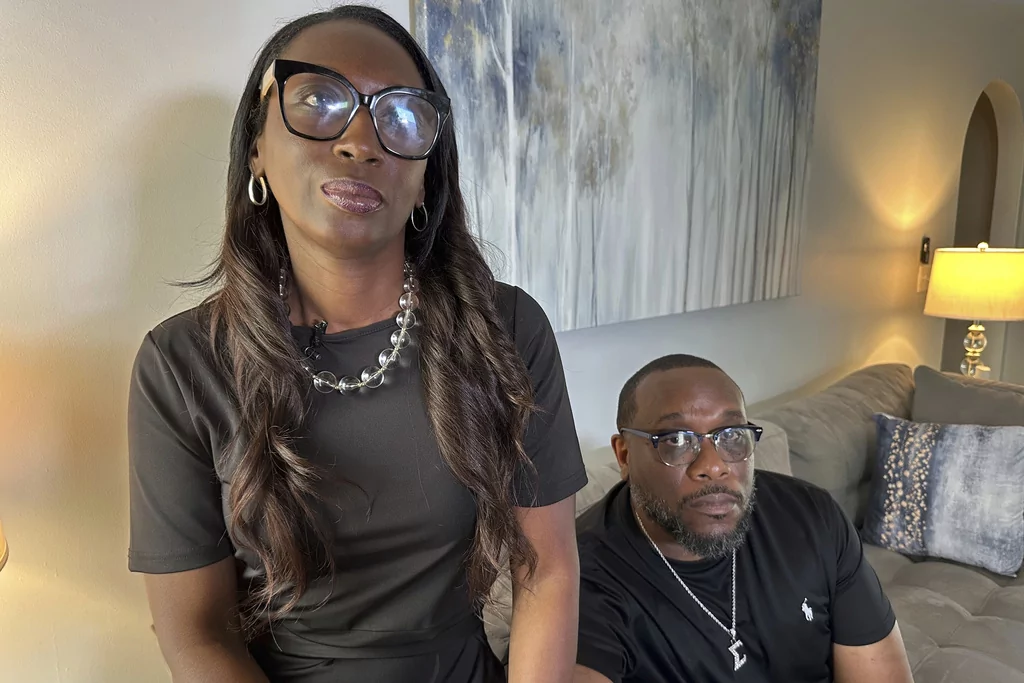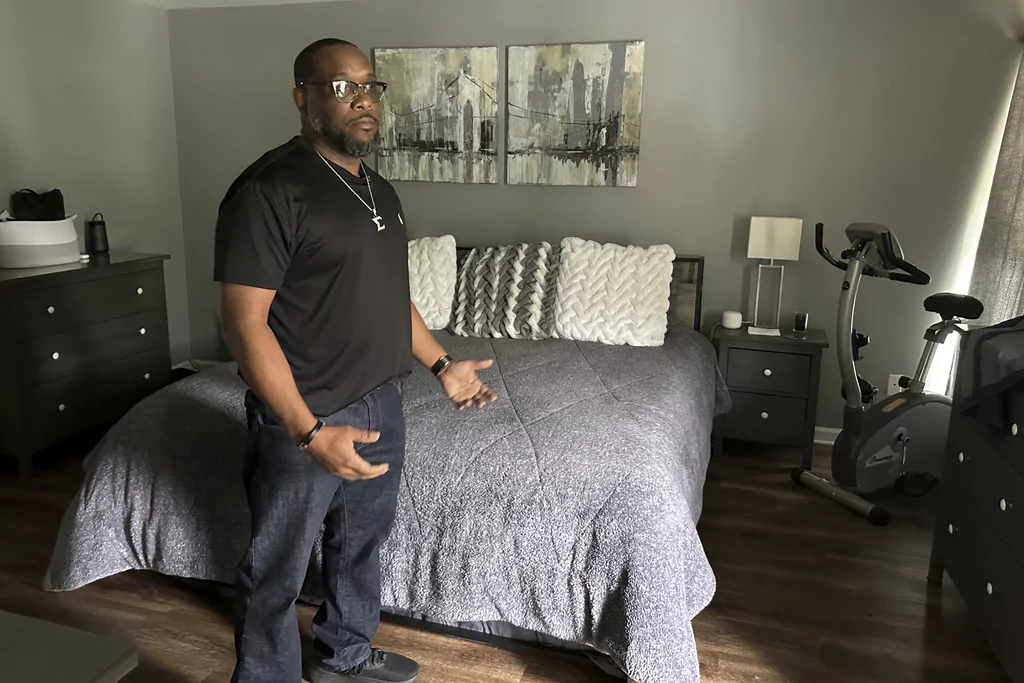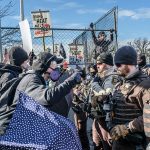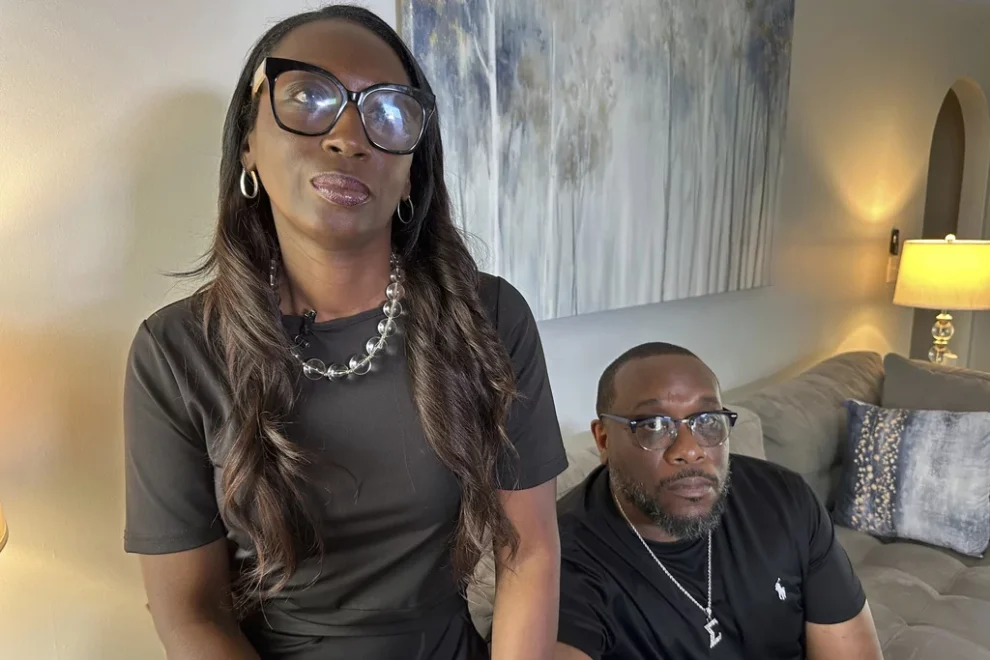The Supreme Court will hear arguments Tuesday in a case testing whether the federal government can be held liable after FBI agents mistakenly raided the wrong house in Atlanta in 2017.
Trina Martin, 46, filed a lawsuit after FBI agents broke down her door before dawn and stormed her bedroom with guns drawn while her 7-year-old son screamed from another room.

“We’ll never be the same, mentally, emotionally, psychologically,” she told the Associated Press during a recent interview at the home that was raided. “Mentally, you can suppress it, but you can’t really get over it.”
Federal agents smashed the front door, detonated a flashbang grenade, and held plaintiffs Martin and her partner, Hilliard Cliatt, at gunpoint. Martin’s 7-year-old son was also present and hid under his bed during the raid. Cliatt, who was handcuffed and dragged from a closet where he kept a shotgun for protection, was released once the mistake was realized.
Within minutes, the agents left and proceeded to the correct house, where a suspected gang member was located just a few houses away. FBI agent Lawrence Guerra later returned to apologize, document the damages, and provide contact information for further follow-up. Despite these gestures, the family claimed the FBI refused to cover the costs of damages and the trauma caused by the raid, which included lost wages and therapy expenses.
Martin’s lawsuit, which accuses the government of assault, battery, and false arrest, was dismissed by a federal judge in Atlanta and upheld by the 11th U.S. Circuit Court of Appeals.
The lower courts found that officers who make “honest mistakes” during searches are shielded from lawsuits under existing law.
At issue before the high court is whether Congress, through the 1974 Federal Tort Claims Act amendments, intended to allow lawsuits against federal law enforcement for wrong-house raids. Martin’s lawyers argue that blocking such claims leaves innocent families such as hers without recourse.
“If the Federal Tort Claims Act provides a cause of action for anything, it’s a wrong-house raid like the one the FBI conducted here,” Martin’s attorneys wrote in a brief.
The Justice Department contends that courts should not second-guess agents’ split-second decisions, arguing that the FBI made efforts to locate the correct house and acted under a valid warrant.

SUPREME COURT TO REVIEW WRONG-HOUSE FBI RAID LAWSUIT
Martin and her then-boyfriend, Cliatt, say they continue to suffer trauma from the incident. Martin’s son, now a teenager, reportedly struggles with anxiety linked to that morning.
A decision in the case could clarify the extent of the legal protections federal law enforcement officers enjoy when a mistake is made during searches and raids.
























